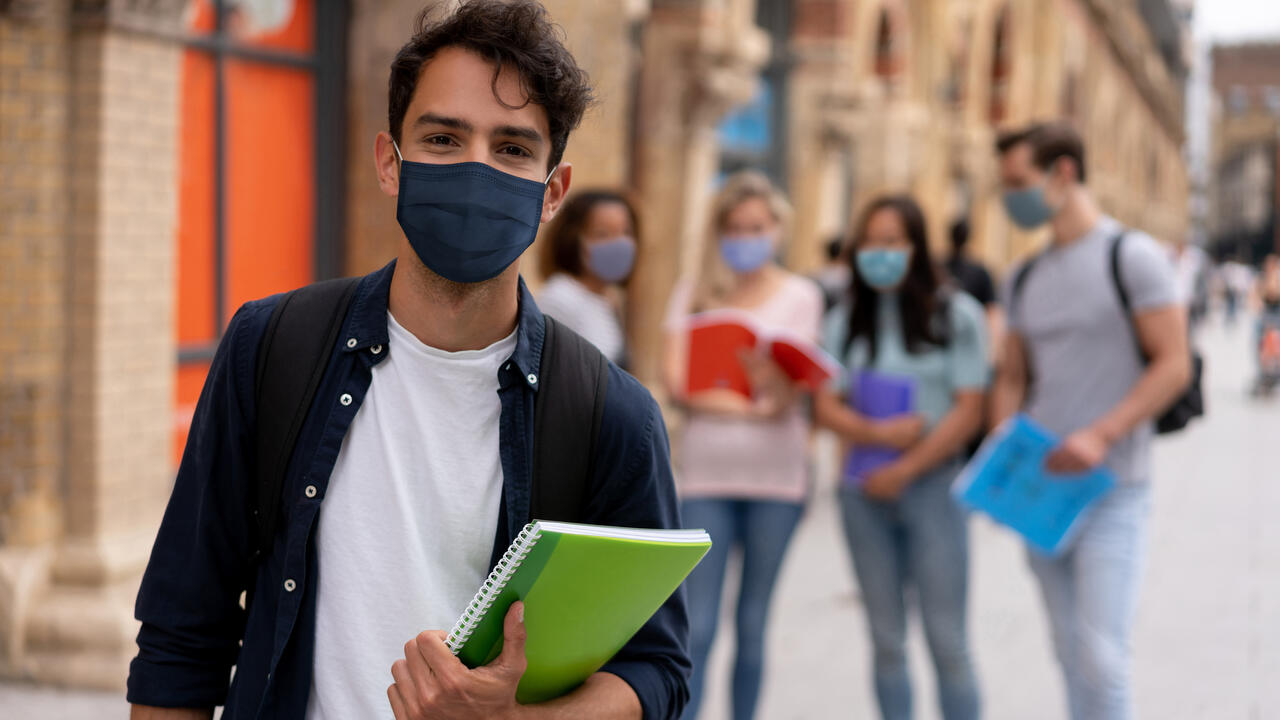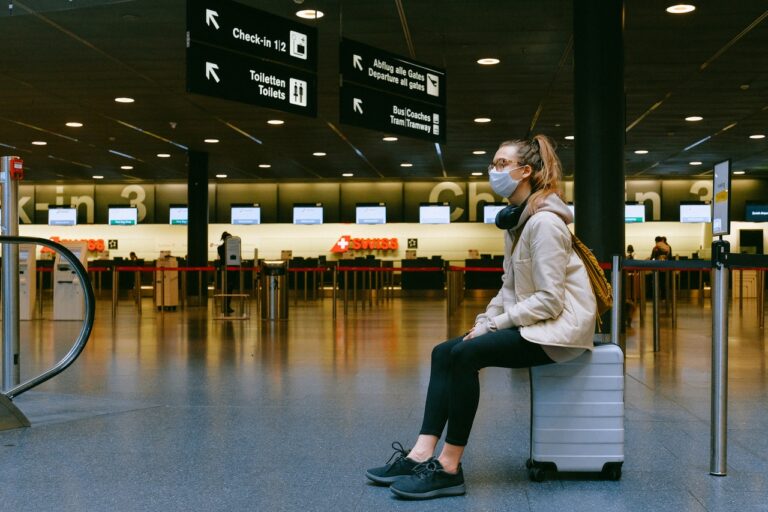New Zealand border reopening plans should be delayed, warn scientists
International students at New Zealand universities should mentally prepare for the possibility that their return to the country may be delayed once again.
Scientists have advised that New Zealand border reopening plans should be delayed following the rapid spread of the new COVID-19 variant, Omicron, around the world.
“I think we need to learn from experience overseas and this has been one of the great advantages New Zealand’s had,” epidemiologist Michael Baker told Radio New Zealand (RNZ). “We’ve usually got a little more warning time about how the virus is behaving overseas, so we can use that strategically.”
He adds that New Zealand’s plans to slowly begin opening borders early next year should be postponed until more is known about the variant.
Similarly, a data modeller from Canterbury University has said that international border reopening plans should be delayed to give time for people to get a vaccination booster.
“If we can keep it out for just a couple of months longer, that will enable us to get those booster doses out to people and that will give us a much better level of protection,” he was quoted saying by RNZ.
New Zealand previously announced their plan to gradually open borders to residents overseas and international travellers in 2022. New Zealand Prime Minister Jacinda Arden has previously stated that Omicron will not affect New Zealand’s reopening plans, but this may be subject to change according to the rapidly developing situation.
Leaders worldwide have made similar U-turns in COVID-related policies. In the UK, Prime Minister Boris Johnson has introduced a ‘Plan B’ to contain the Omicron variant after promising the country a COVID-19 restriction-free Christmas. This includes a return to working from home, wearing masks in public, and using vaccine passes.
Recent findings suggest that the new COVID-19 variant may not be as much of a health risk than the Delta strain, but is more transmissible.
A South African doctor has noted that patients who have been infected with the disease are able to manage their illness at home, and that many of them have recovered within the 10 to 14-day isolation period. This includes more typically vulnerable patients, such as older patients and those with health problems.
Cases from other countries seem to support this statement. The US, for example, has reported 43 cases, but is yet to report any deaths from the Omicron variant.
Source: https://www.studyinternational.com/news/new-zealand-border-reopening/








Recently stumbled on 522bet1 and I’m liking what I see. Decent platform with good opportunities. Give 522bet1 a shot if you are looking for different odds.
Was messing around on j9 bet the other day and it did its job. Simple enough and keeps you entertained. Check it out here: j9 bet.
I’ve been looking for a legit place for the Tiranga Game download. Is this the real deal? Heard some sketchy things about fake downloads. If this works, I’ll be stoked! Fingers crossed for a good experience with tiranga game download!